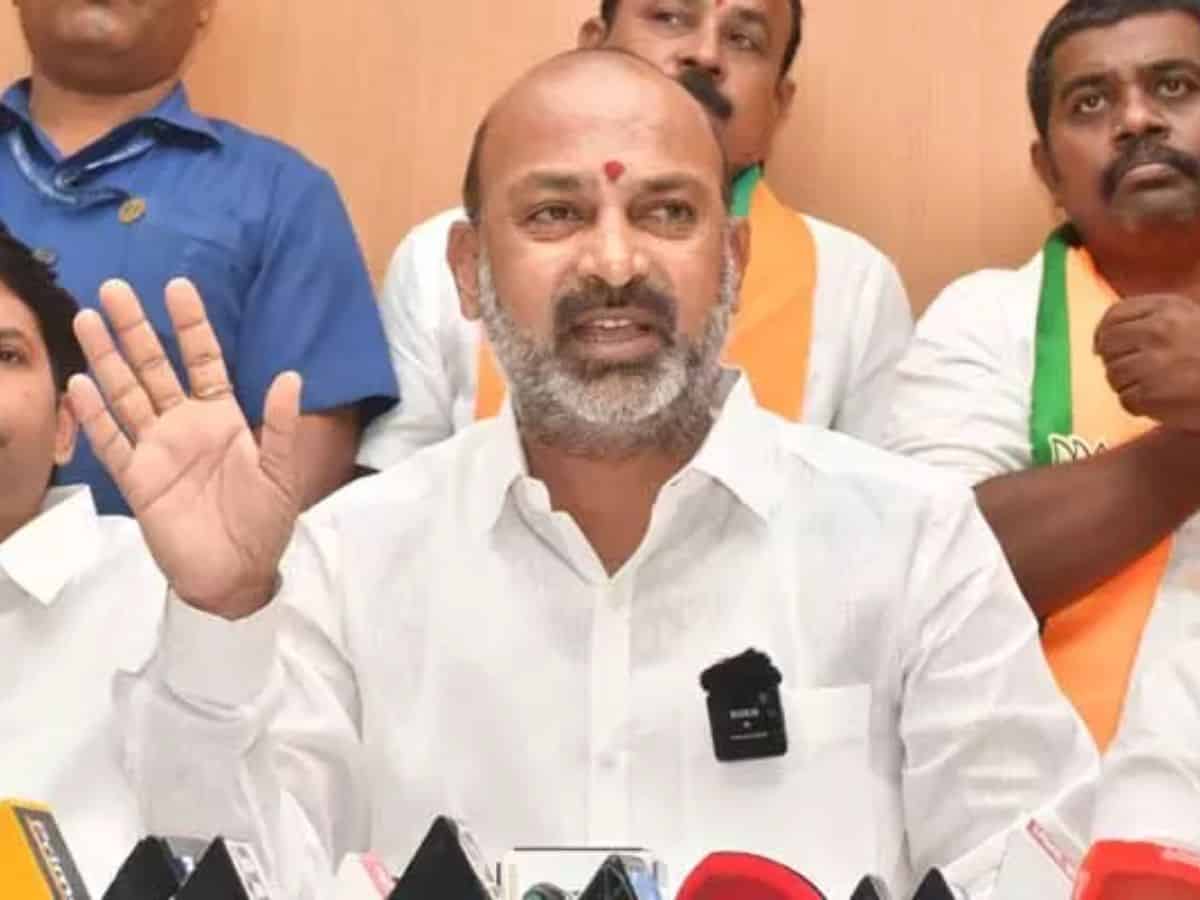
Hyderabad: Focusing on the status of ‘enemy properties’ in Telangana, Union Minister of State (MoS) Home, Bandi Sanjay Kumar, instructed officials to conduct an immediate survey to assess their condition and progress in related cases.
Chairing a review meeting with senior department officials on Tuesday, August 12, he sought detailed updates on the matter.
Officials briefed him that there are 12,800 enemy properties across the country, of which over 600 have already been auctioned. These auctions have generated Rs 107 crore in revenue for the government.
The minister also reviewed other pending matters, including freedom fighter pension cases, ordering that all such cases be resolved by the end of this month.
Commending officials who had swiftly cleared pending files, he urged them to maintain this momentum for all remaining cases.
What are enemy properties?
Enemy properties refer to assets, both movable and immovable, left behind in India by individuals who migrated to countries designated as “enemy nations” during times of conflict, specifically Pakistan and China.
These properties include land, buildings, shares, gold, jewellery, and other assets. The concept arose after wars such as the India-Pakistan wars of 1965 and 1971 and the Sino-Indian War of 1962, when many people who had Indian citizenship migrated to these enemy countries and acquired new citizenship there.
Enacted in 1968
The Indian government enacted the Enemy Property Act in 1968 to regulate and manage such properties. Under this law, properties belonging to these “enemy subjects” or their firms were vested in the Custodian of Enemy Property for India, a government official appointed to safeguard and administer these assets.
The Act prohibits the transfer or inheritance of enemy properties to the original owners or their legal heirs, even if they have changed their nationality or citizenship. This means such properties continue to be under government control indefinitely.
Amendments made in 2017
Amendments made in 2017 further strengthened the Act by expanding the definition of “enemy subject” and ensuring that legal heirs or successors, even Indian citizens, cannot claim ownership of these properties.
The government manages, auctions, and utilises the proceeds from enemy properties.




